Silvestro Silvestori's advice on wine stems as much from passion as from expertise.
Silvestro is a sommelier, cook, food writer and photographer. He owns and runs one of the best culinary schools in Italy - the Awaiting Table - set in baroque Lecce, the heart of Puglia's Salento region. I met Silvestro during my travels across Italy's heel, where, between lessons on making fresh orecchiette and preparing a savoury rabbit dish, I got a beautiful taste of the region's culture, and of how its geography, history, climate and people have influenced the food and drink of the land.
"Well-made wine reflects the very specific patch of earth that produces it," Silvestro explains. "I happen to think that Southern Italy is the most intriguing wine region of the world right now. Thousands of years of wine history. Cuisines that grew up alongside the wine for just as long. Modern technology (the autoclave has changed wine more than the arrival of the oak barrel or maybe even the glass bottle and cork). And the profound local wisdom in vineyard management (a lot of our vines are still grown as free-standing trees). You might have more limousine-style wine tourism in other regions of Italy, but I challenge you to find a more compelling combination of place, grape, weather and people."
The biggest change in Southern Italy is that foreign tourism is starting to better mimic domestic tourism, and domestic tourism has always been crazy about the south. Puglia has been Italy’s number one domestic tourism destination for the last 20 years, and people want to drink wine from places that they have been."
"My three favourite Southern wines are based on:
1) Nerello Mascalese, the red of Etna, easily the most beguiling wine region in the world right now. Like Burgundy, but yet to be charted. Lava flows differently and it affects the wine. Travel a hundred meters and it’s different. And when the wine reflects a very specific field, wine drinking is at its zenith.
2) Aglianico del Vulture, another volcanic wine, round and elegant. Arguably the most important wine grape of the south. One of the few southern wines that really benefits from barrel and bottle age. It’s what I have set aside for my own next big round birthday. You could double the price and they would still be asking too little.
3) Salice Salentino, the only blend here (a field blend, that is, planted that way and then all harvested at once. Classically, every fifth row is malvasia nera, the other four, il negroamaro). I used to have it as my blood type on my health card here in Italy. If your diet is based on big and brawny vegetables (radicchio, chicory, dandelion greens) like mine is, this is the simple choice.
"To understand rosato, you have to understand how one culture borrows from another, almost always radically altering it along the way. (Italian restaurants offer cappuccini for dessert whereas, in Italy, only for breakfast, etc.) Rosato in the south is a year-round wine. It's not linked to a season, activity or location (e.g., 'Sitting on the patio in summer, I love a good rosè!'). Grilled mackerel in February is as appropriate as a table just off the beach in August.
The oldest, most established rosè culture in all of Italy is the Salento. They have been bottled here longer than in any other part of Italy. The sedimentary rock makes them darker, and the fact that we're mostly at sea level, they are ripe and stony.
"Wine in North America is complicated by provincial monopolies in Canada and the cultural and legal residue of Prohibition in the States. Why drinkers there don’t storm the hills with pitchforks, I don’t know. You’re not getting most of the good stuff. When I travel, the first place I go is to visit the Italian wine aisle. Most of the time, I know little of it, as most of Italy exports wines that we locals don’t drink. Most of my friends are producers and I rarely know any of the wines on foreign shelves, in spite of the addresses given being close to home."
| His advice? To really learn about wine tasting. "I’d like to see wine drinkers begin to better separate wine education from wine drinking. Many tastings turn out to be sponsored cocktail parties when they could really be ways of helping you to better appreciate one of life’s greatest pleasures. Take a class. Read books. Watch videos on YouTube and follow wine bloggers. The more you know about wine, the more you will enjoy it. Ask a lot of questions. Drink widely. As widely as your local government will allow." |
"Our wine course is an extension of our bicycle trip through southern Italian wine country that we offer every year. We learn about soil, pruning, harvest, fermentation, aging and tasting. We learn about Southern Italy, its food and history. And drink a lot of wine. And yes, we follow our own advice. First we learn a great deal, and THEN we drink like Albanian truck drivers at your cousin’s wedding. You might rethink that optional travel insurance for this one."
You may also like:
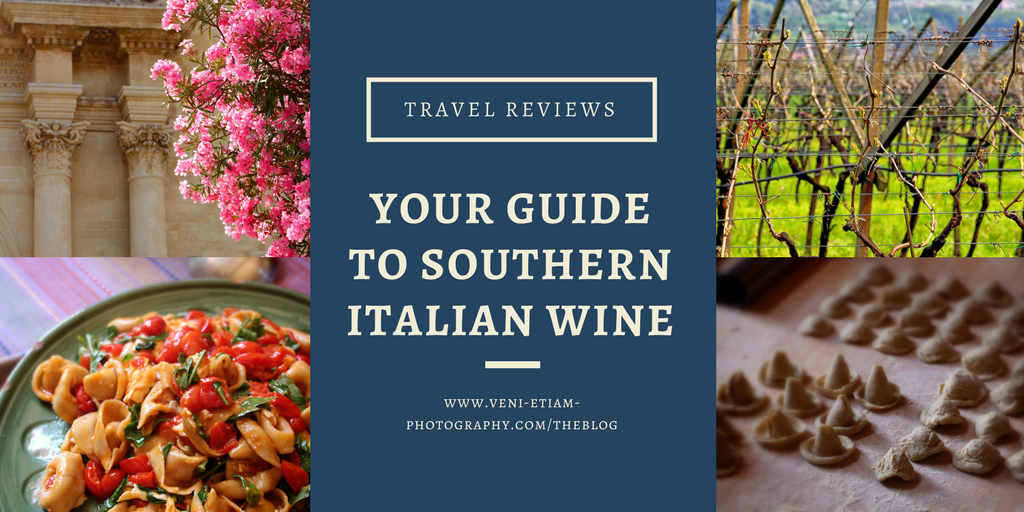
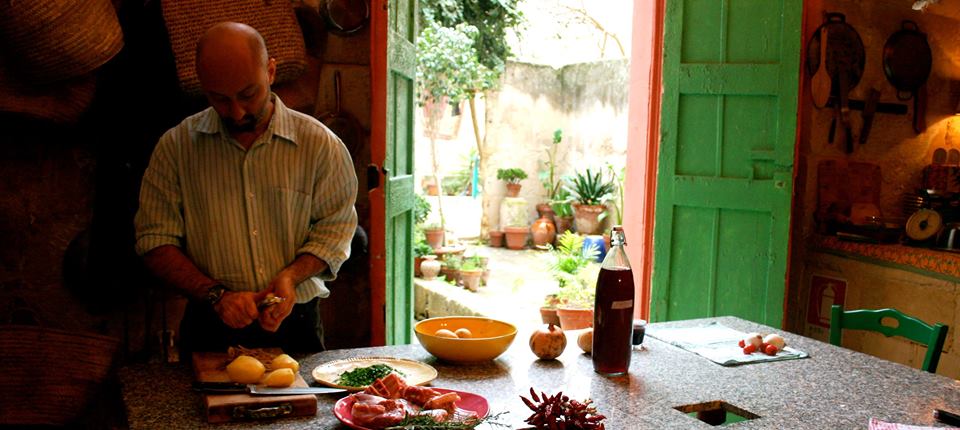
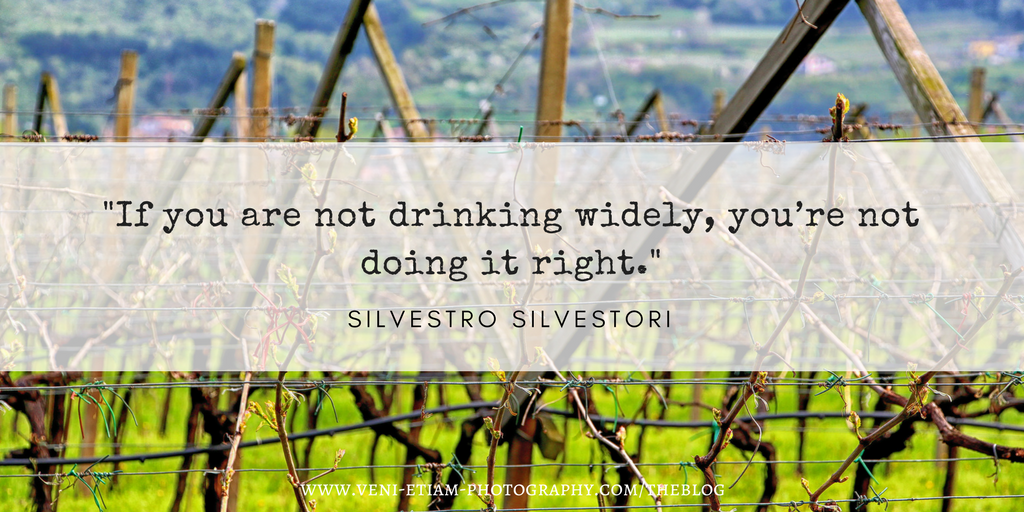
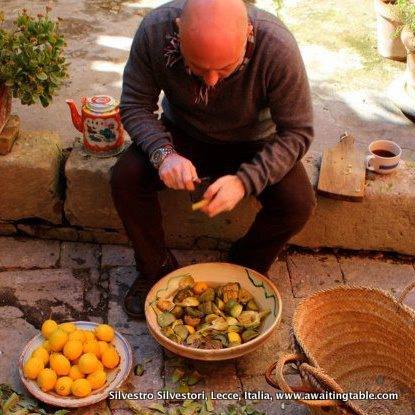
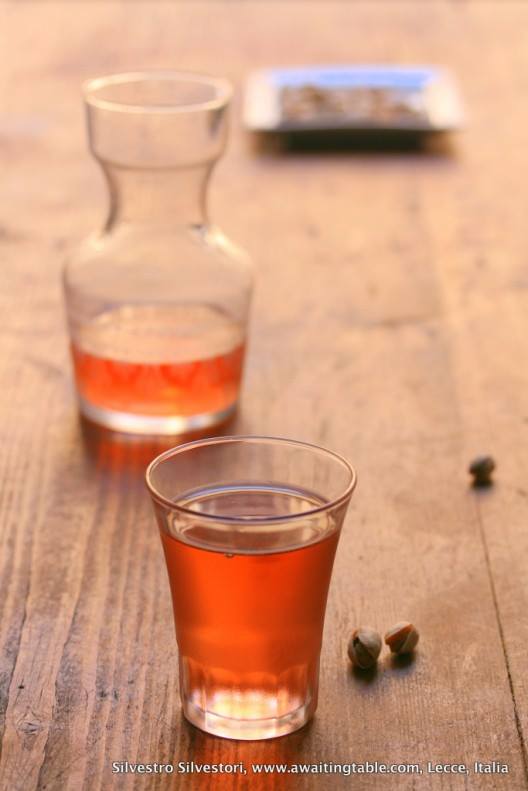

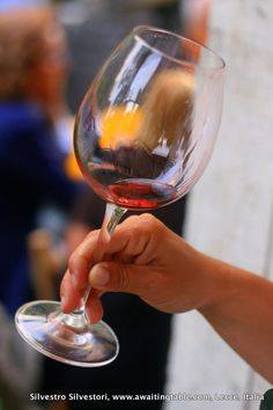
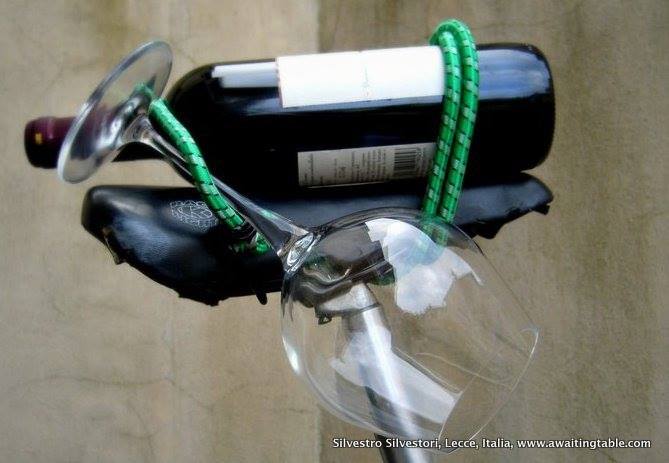
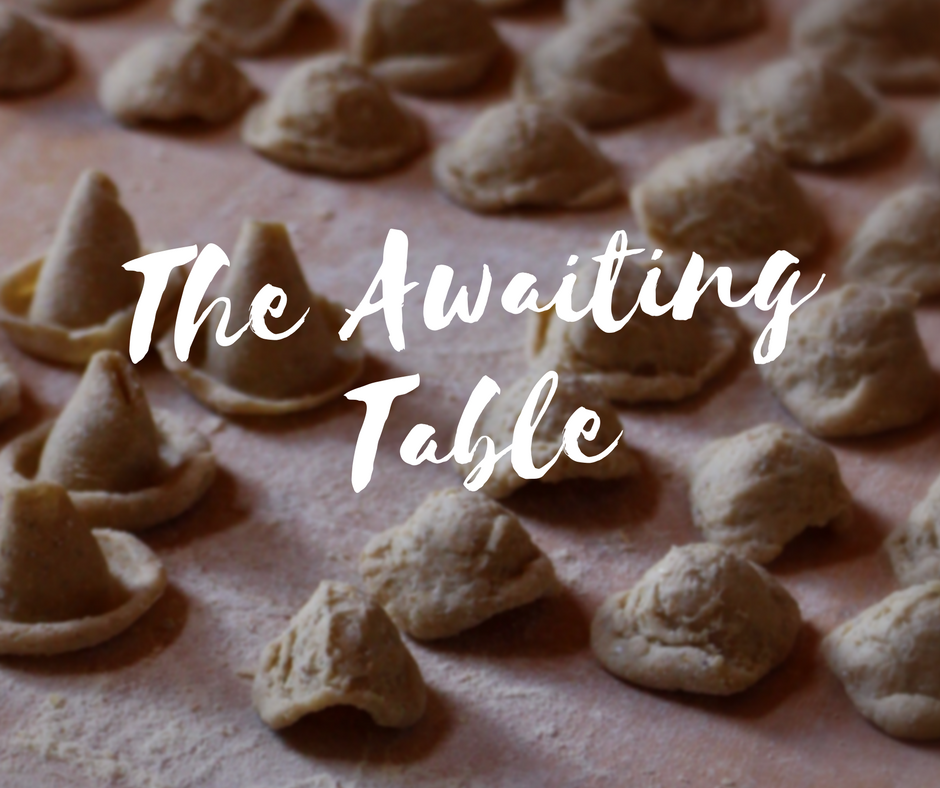
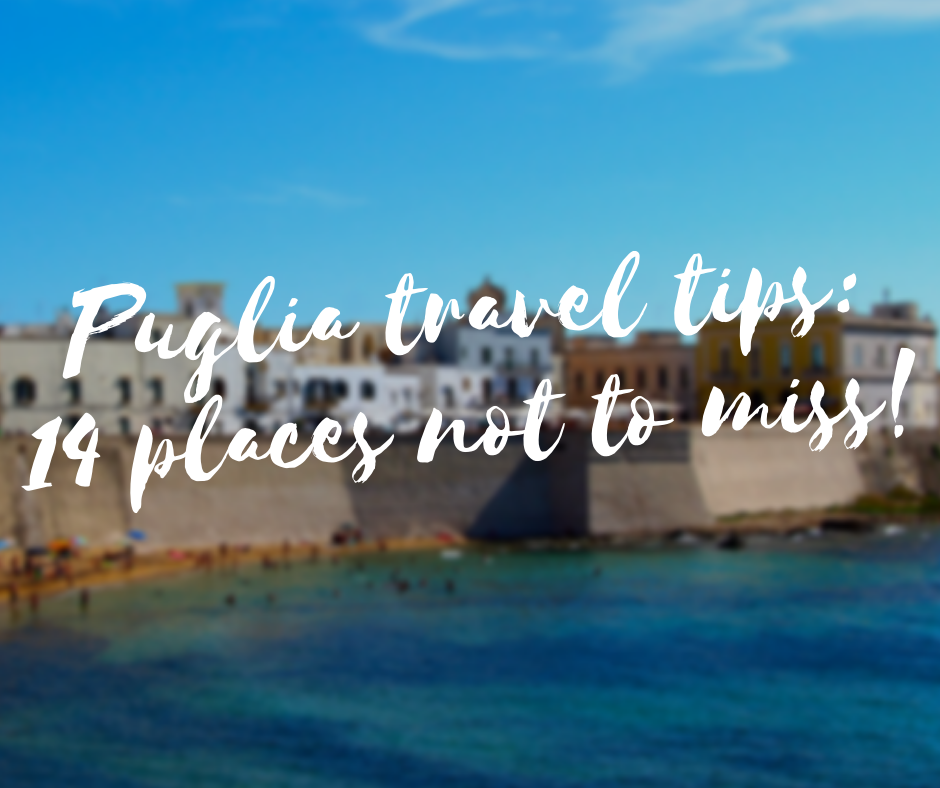
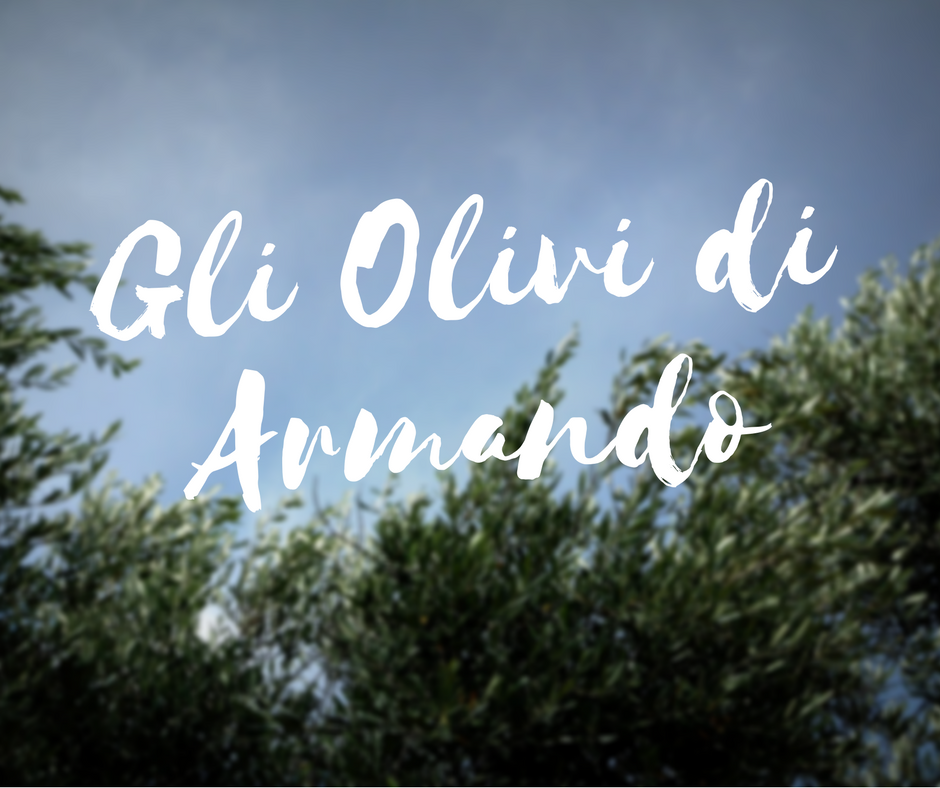
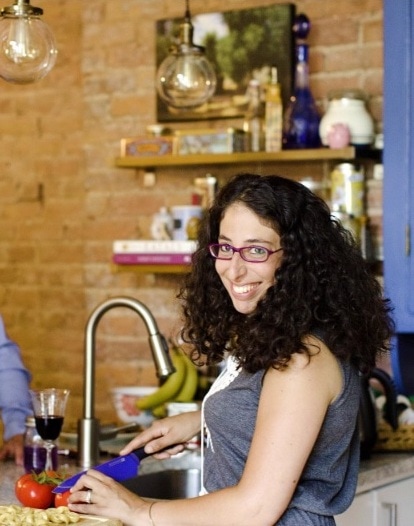
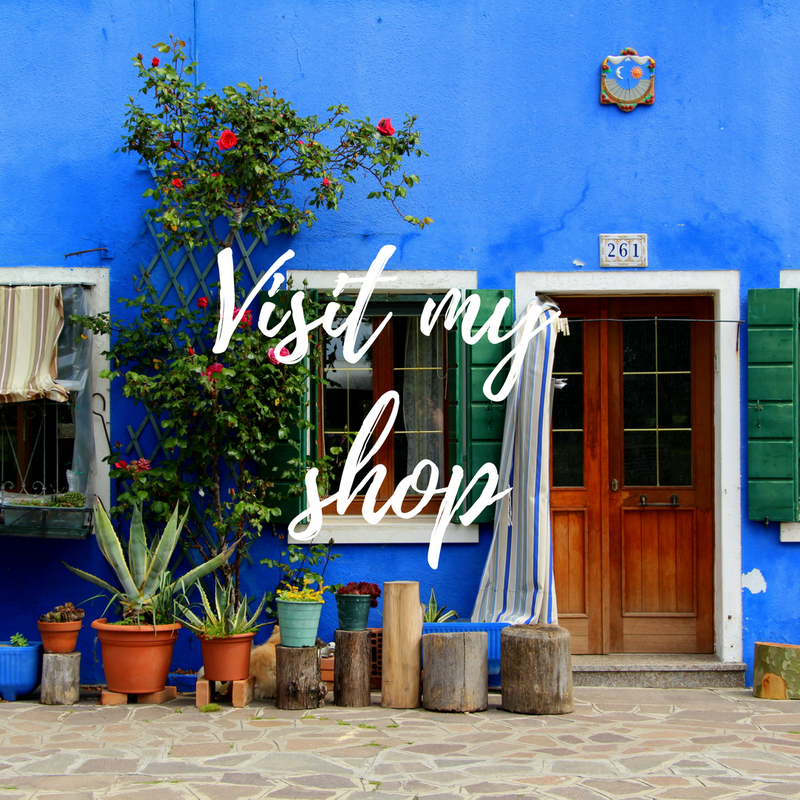
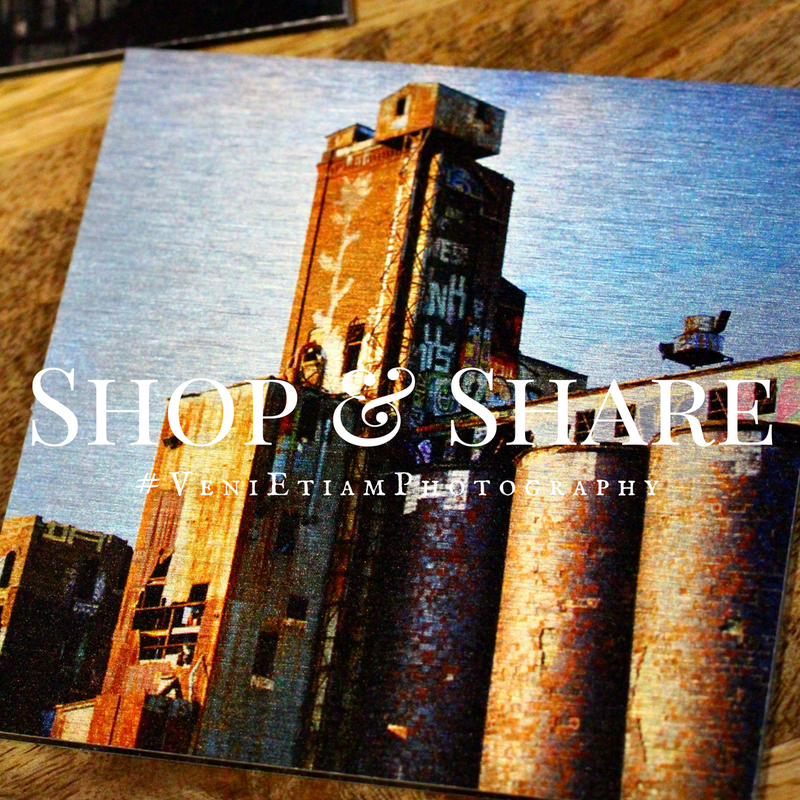
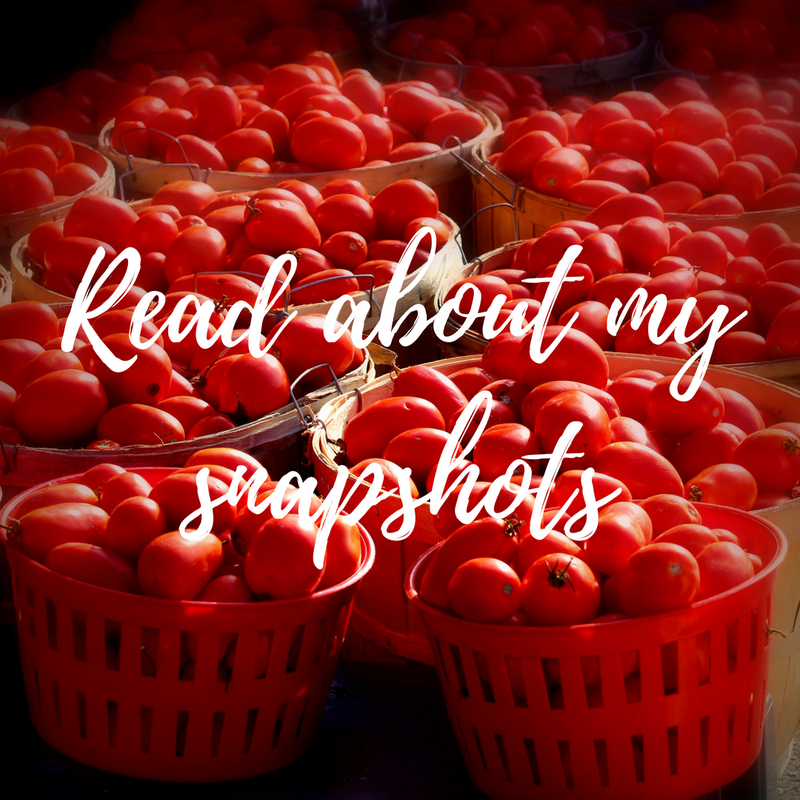
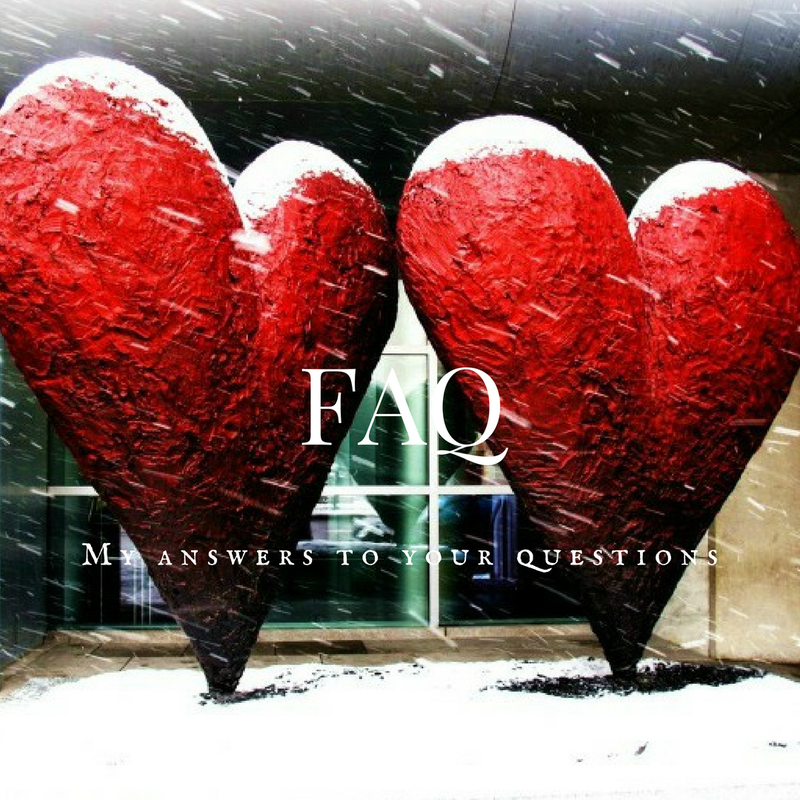
 RSS Feed
RSS Feed